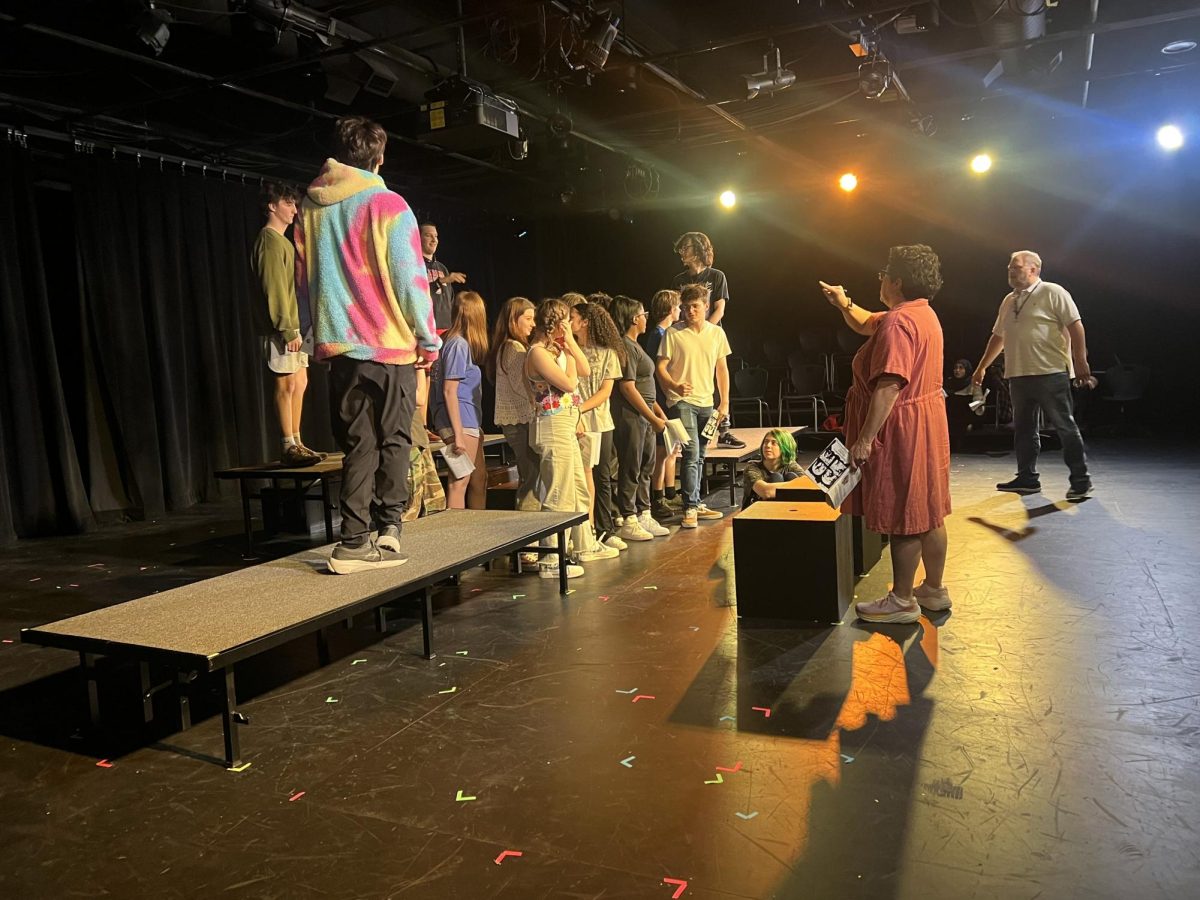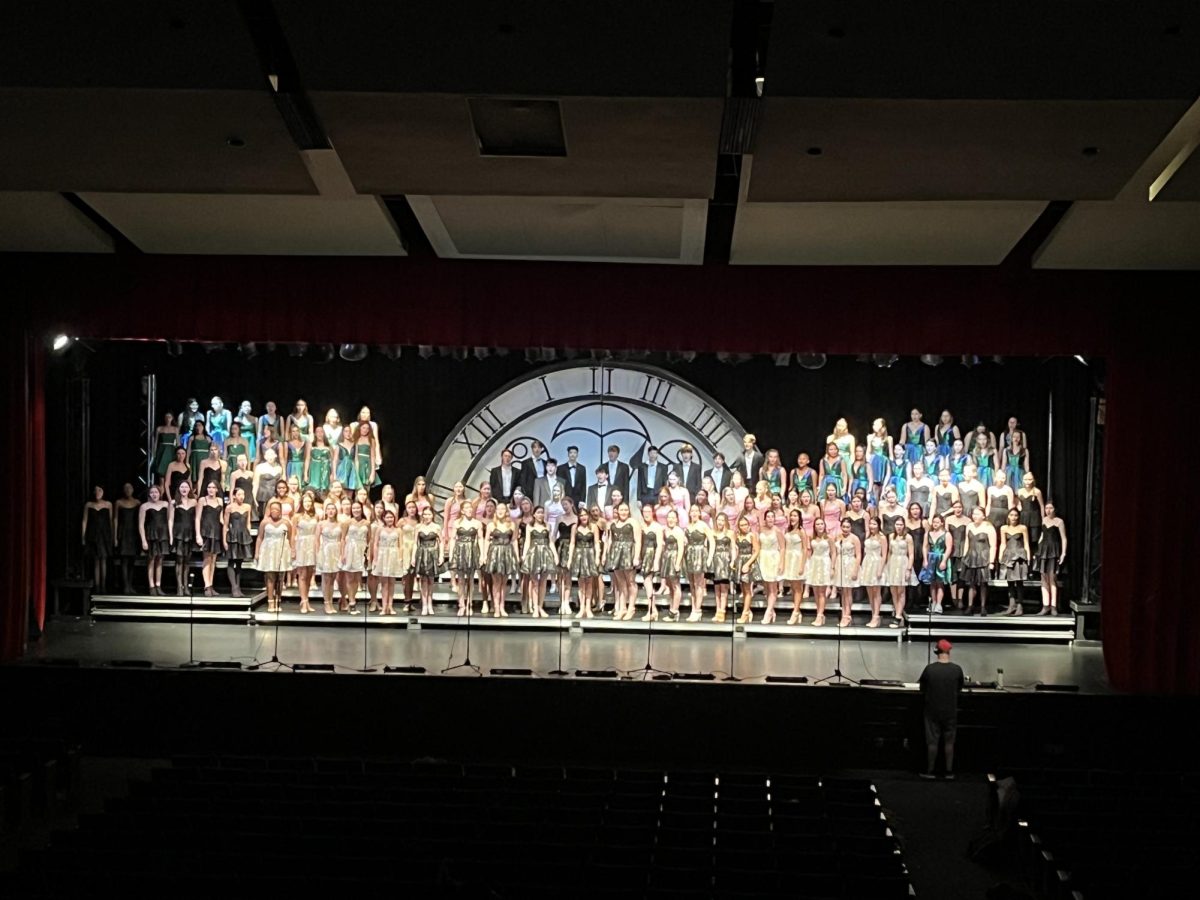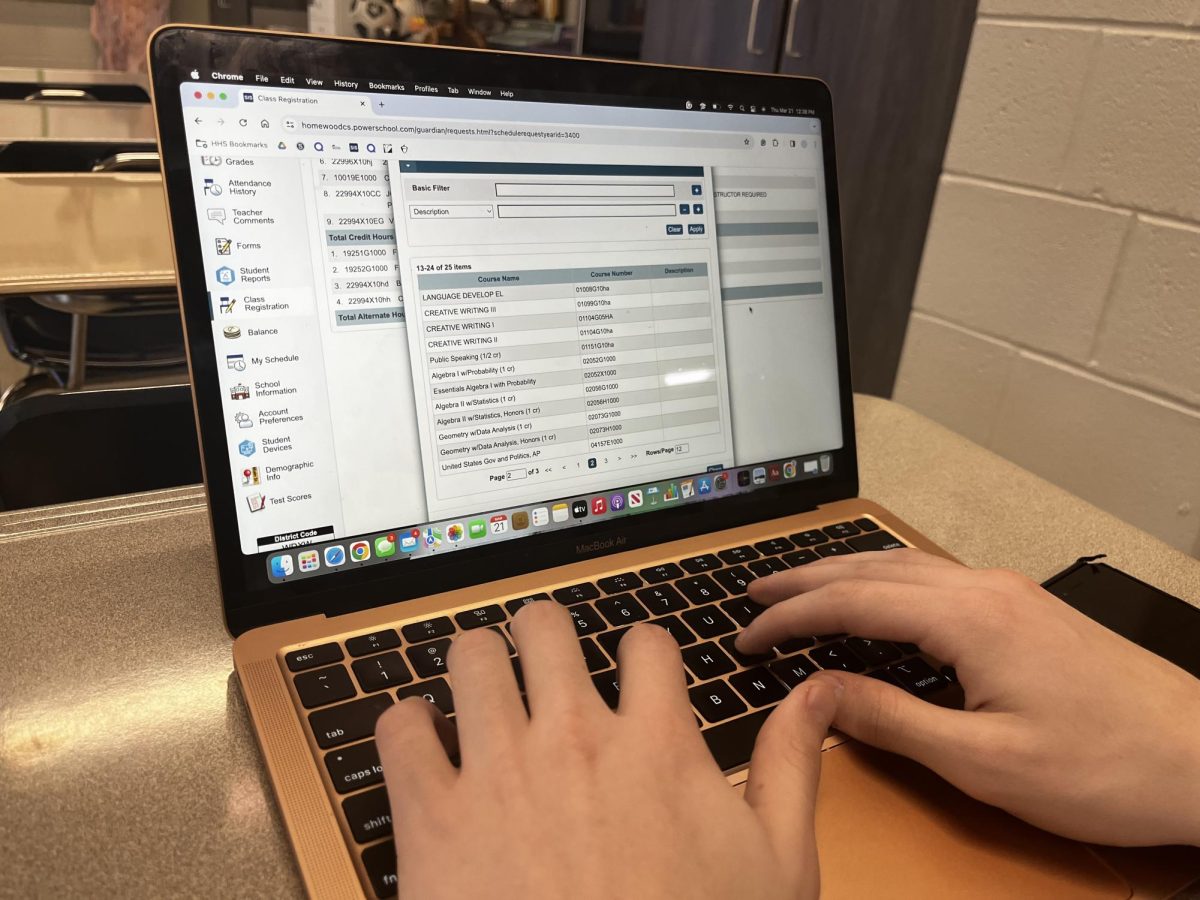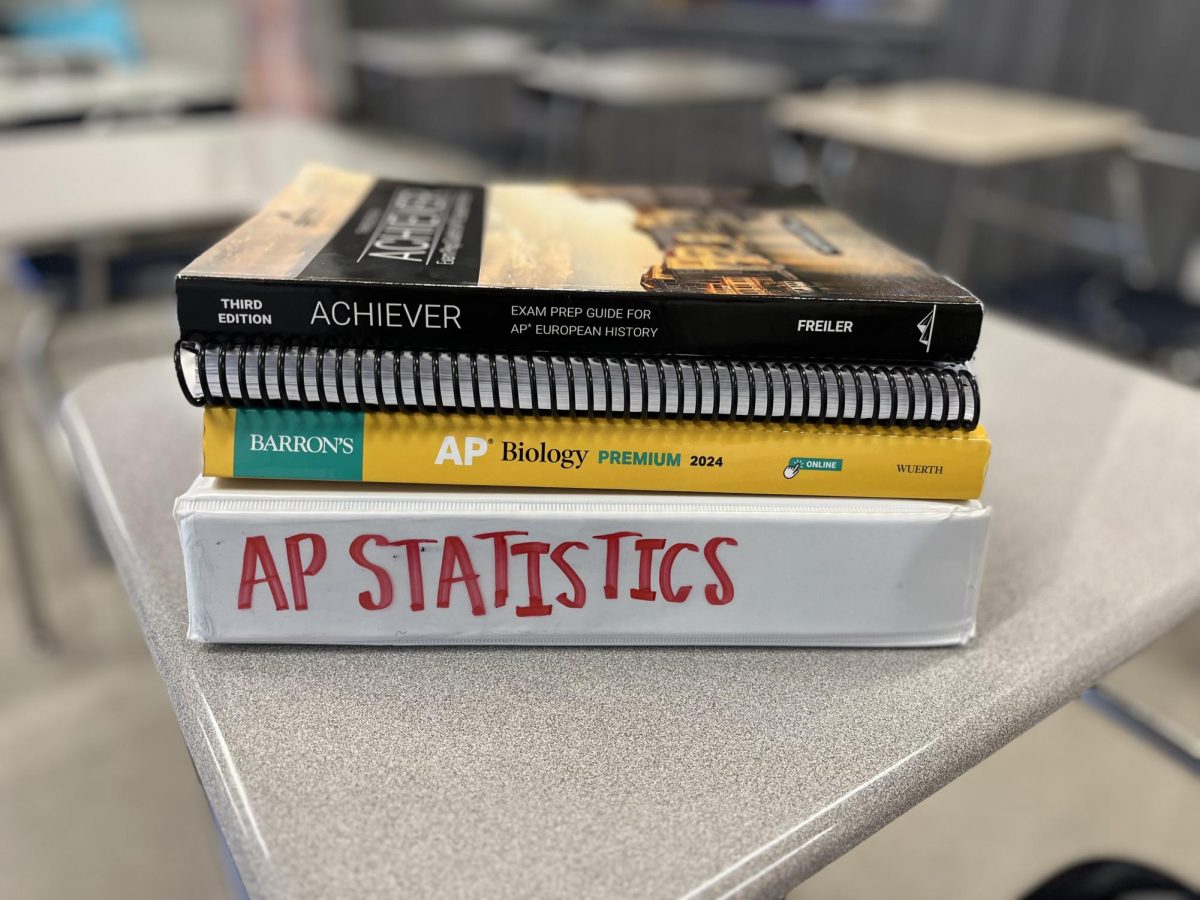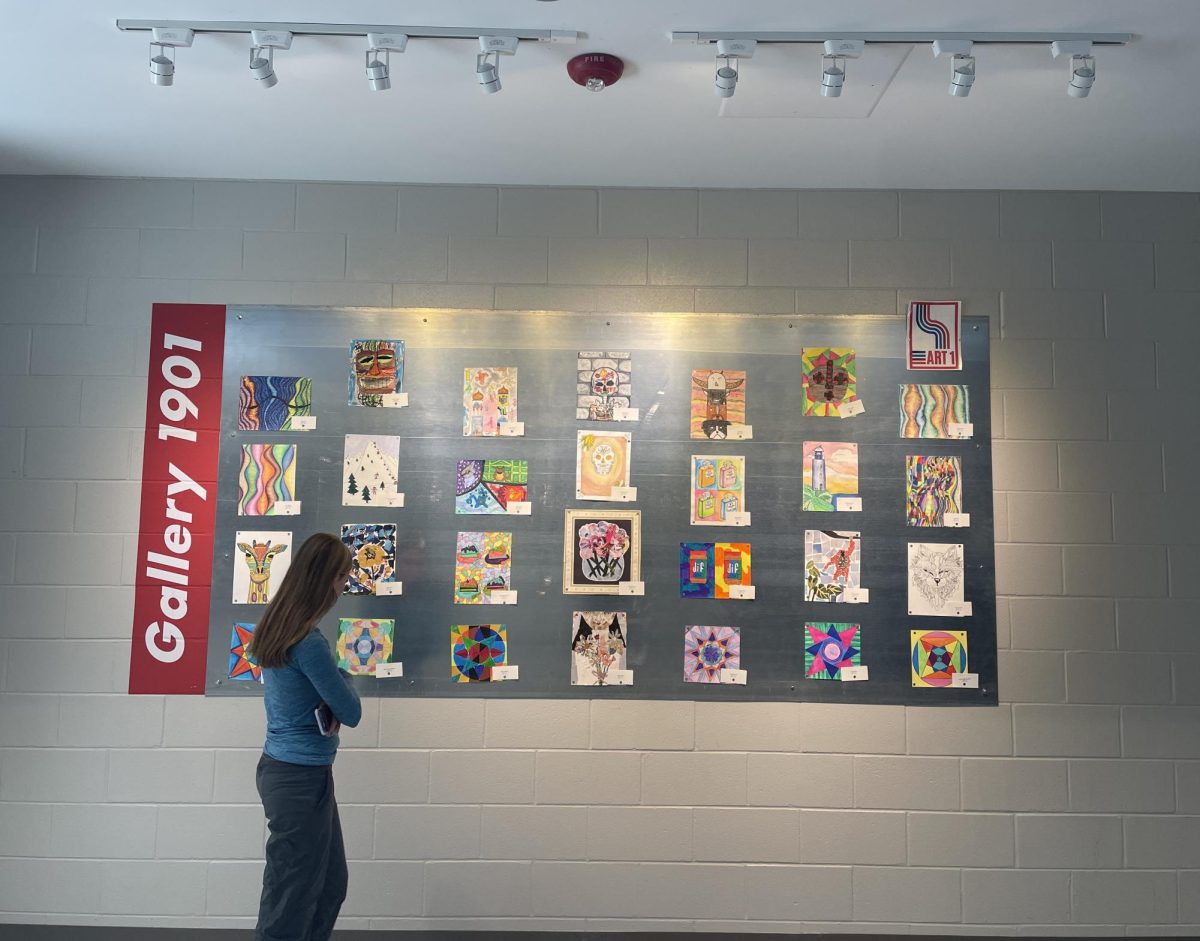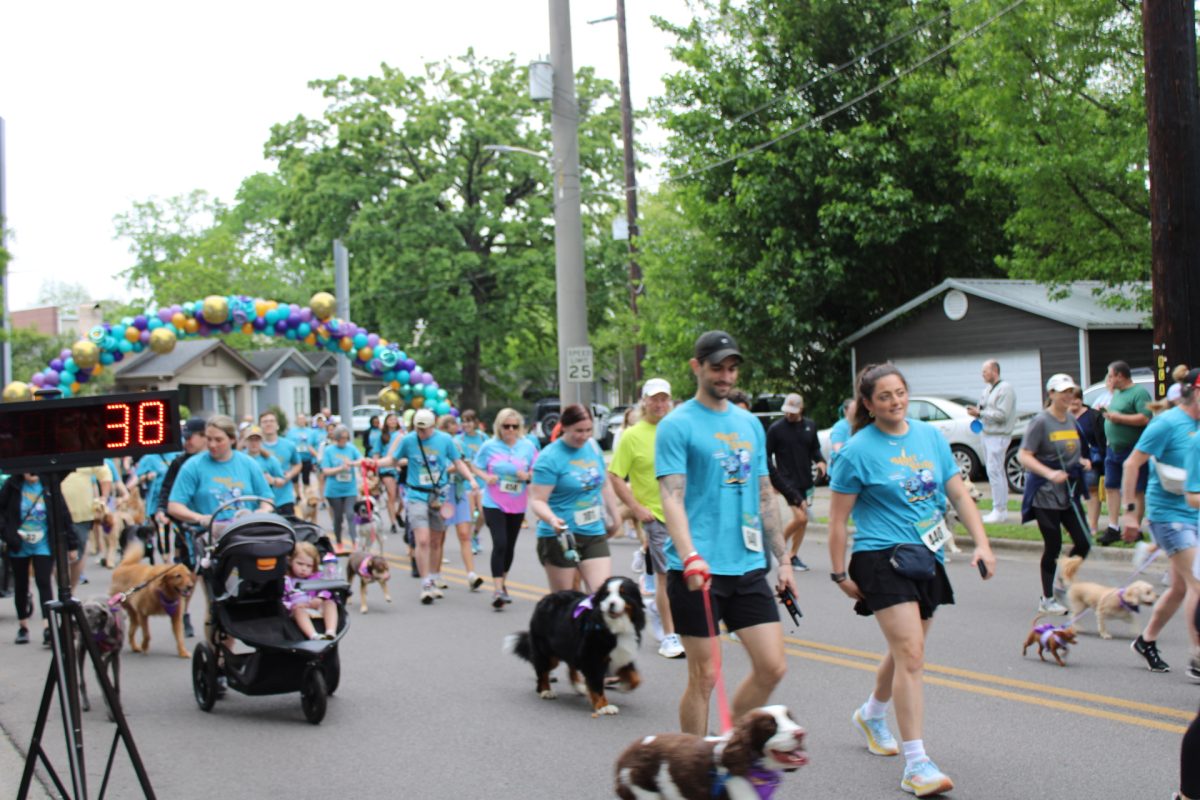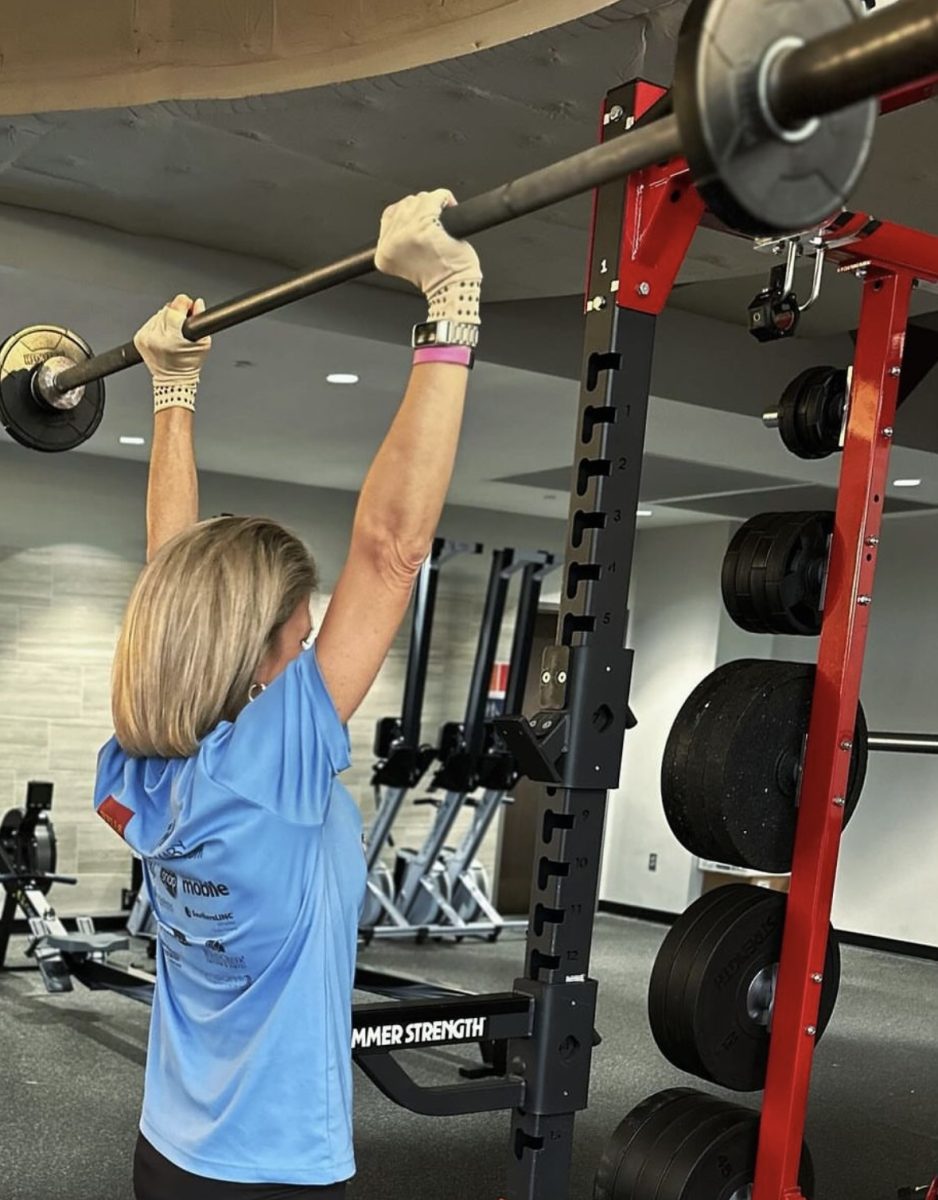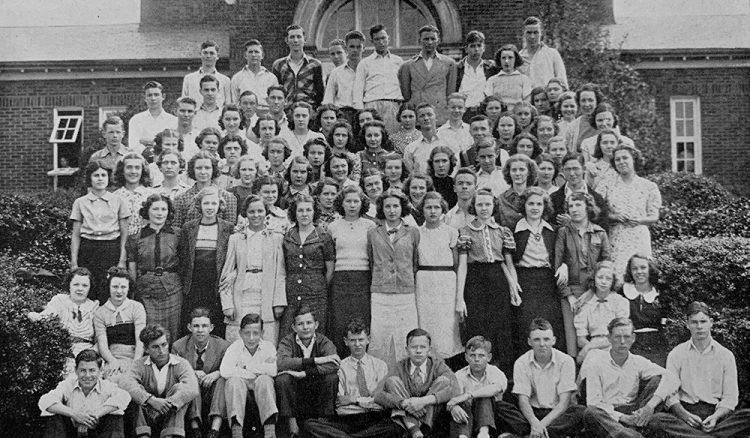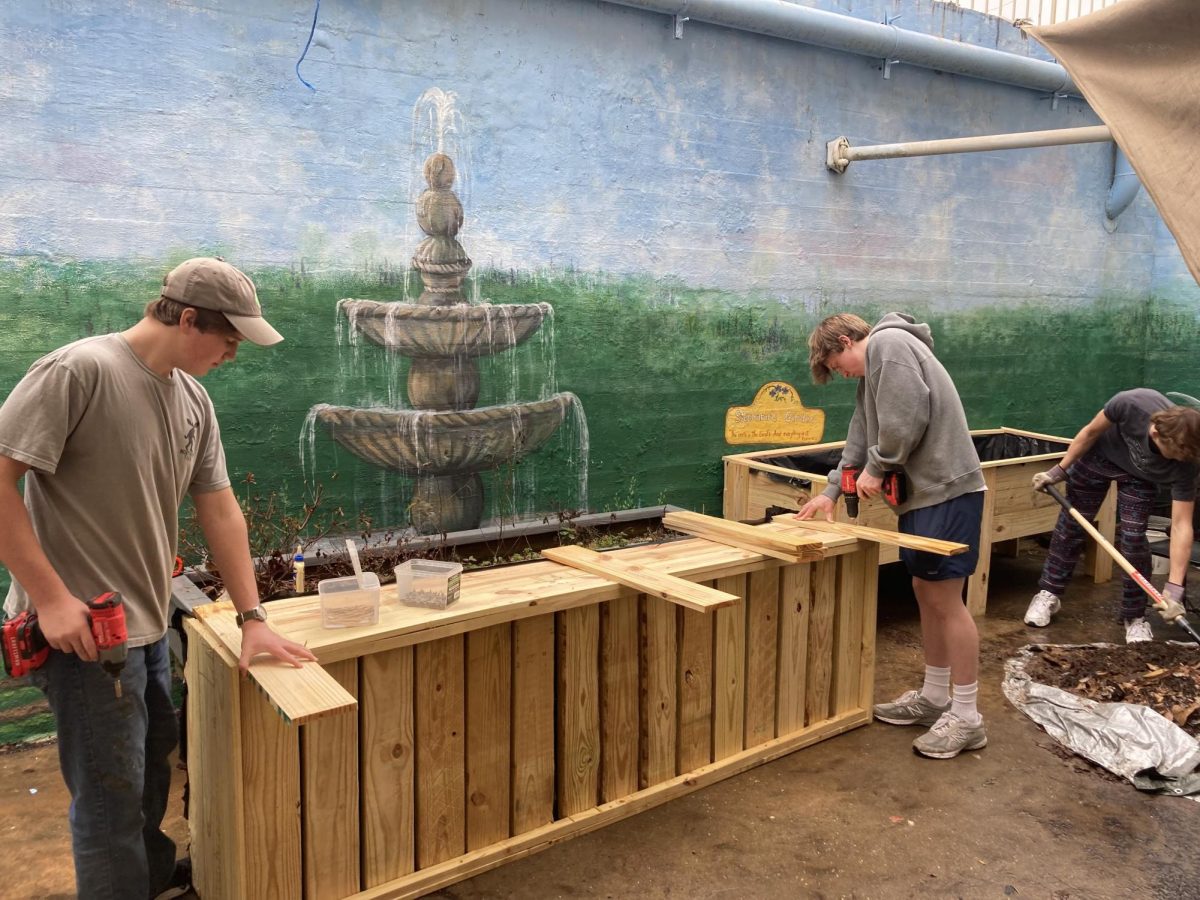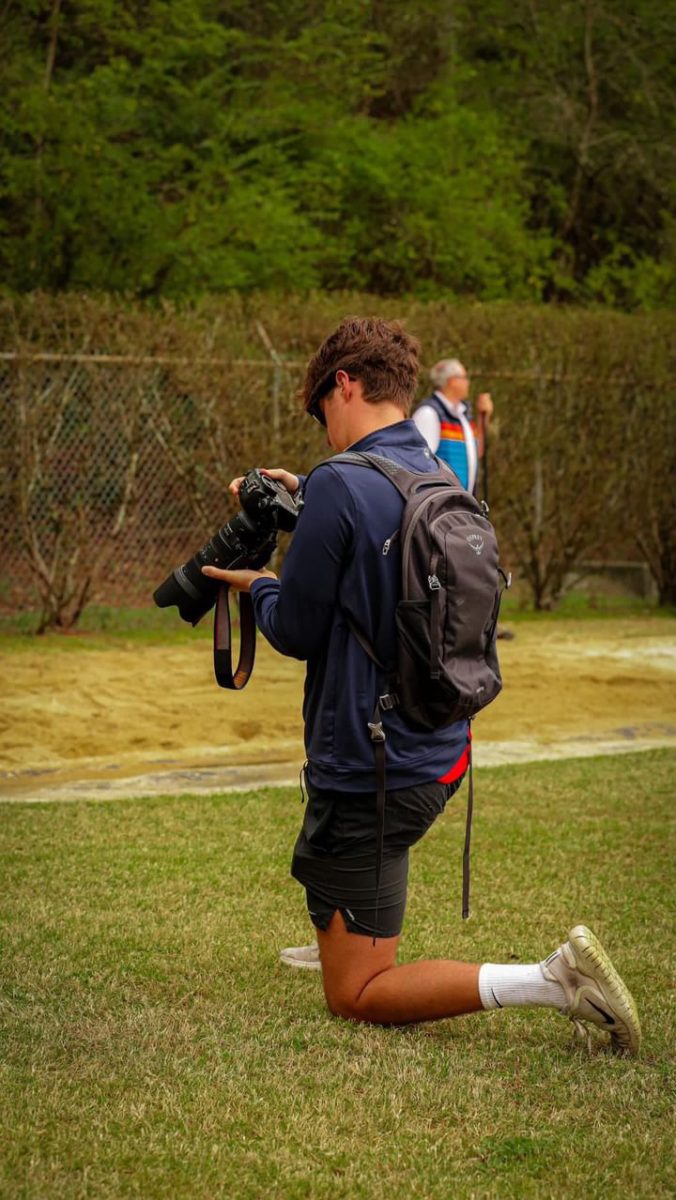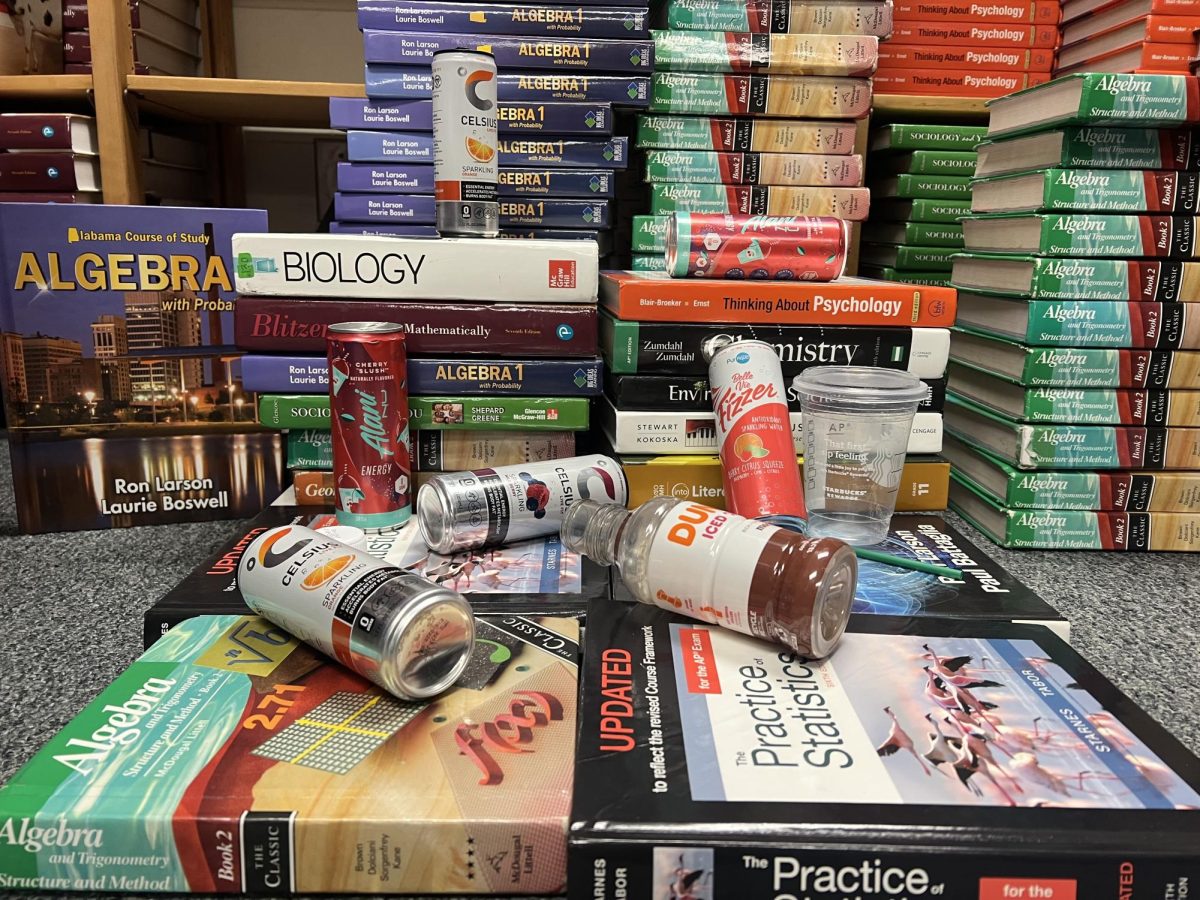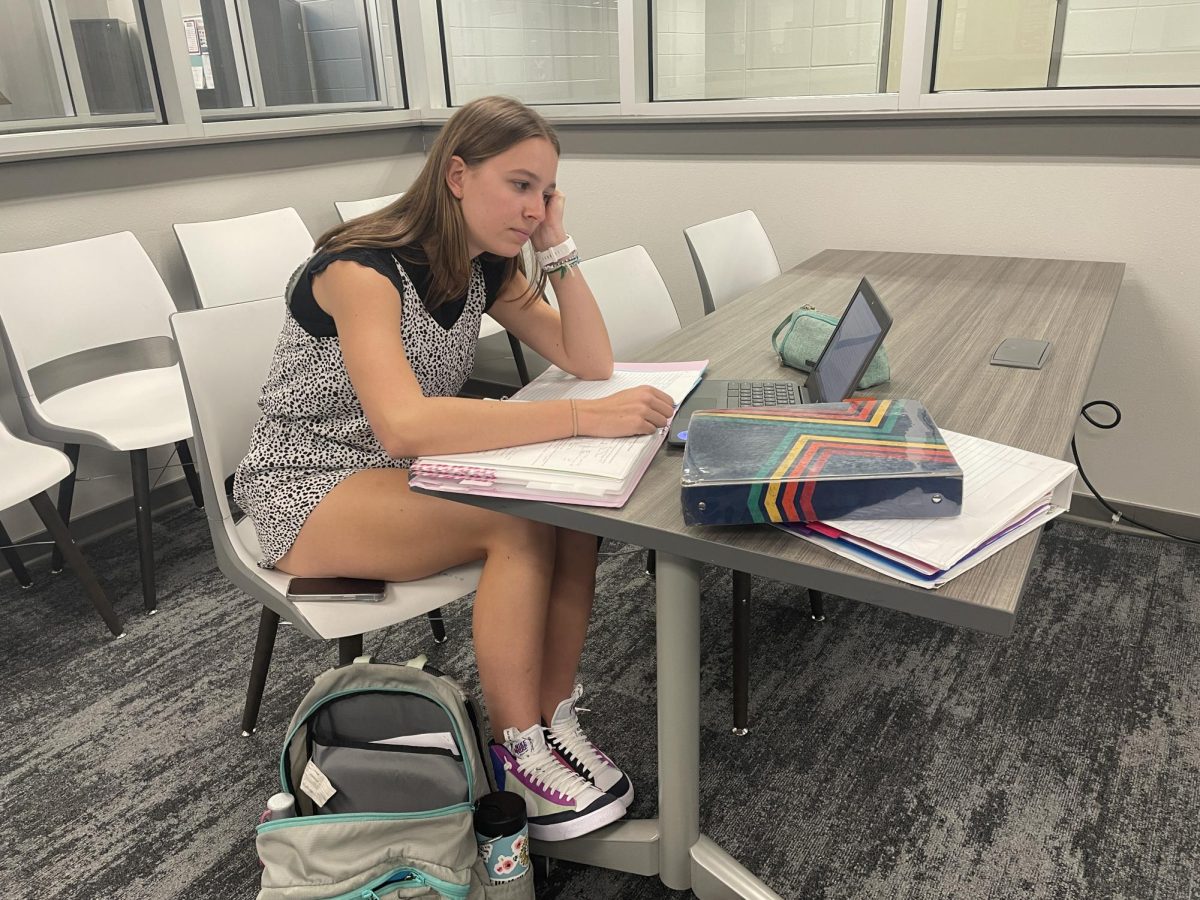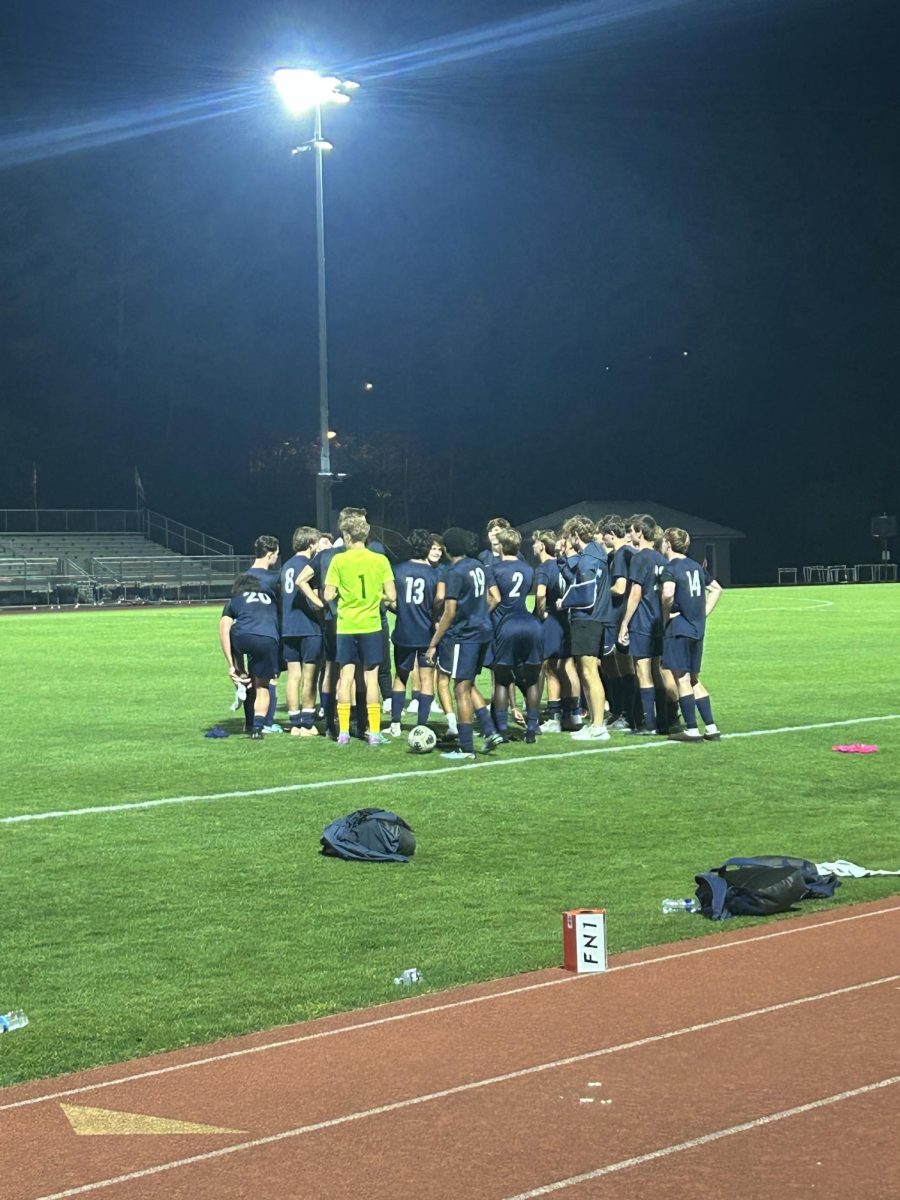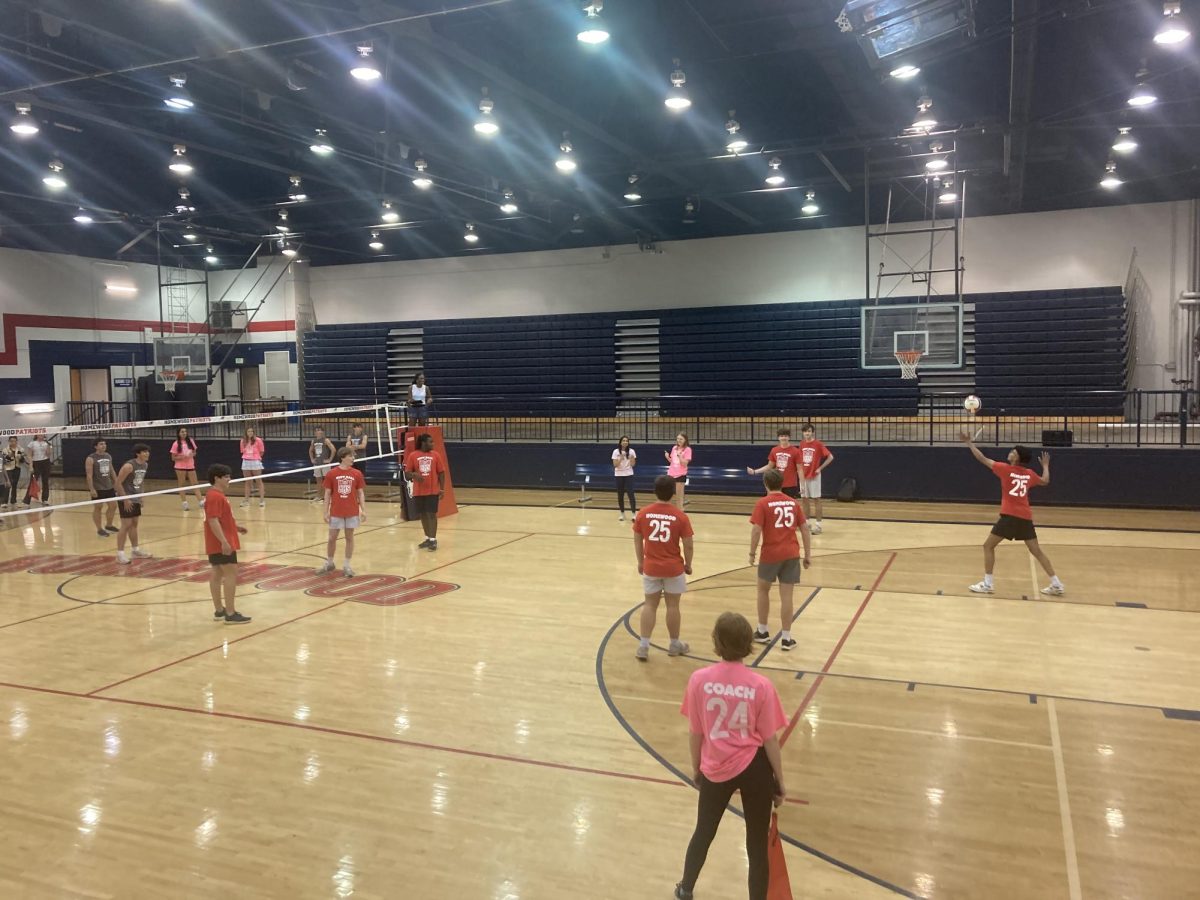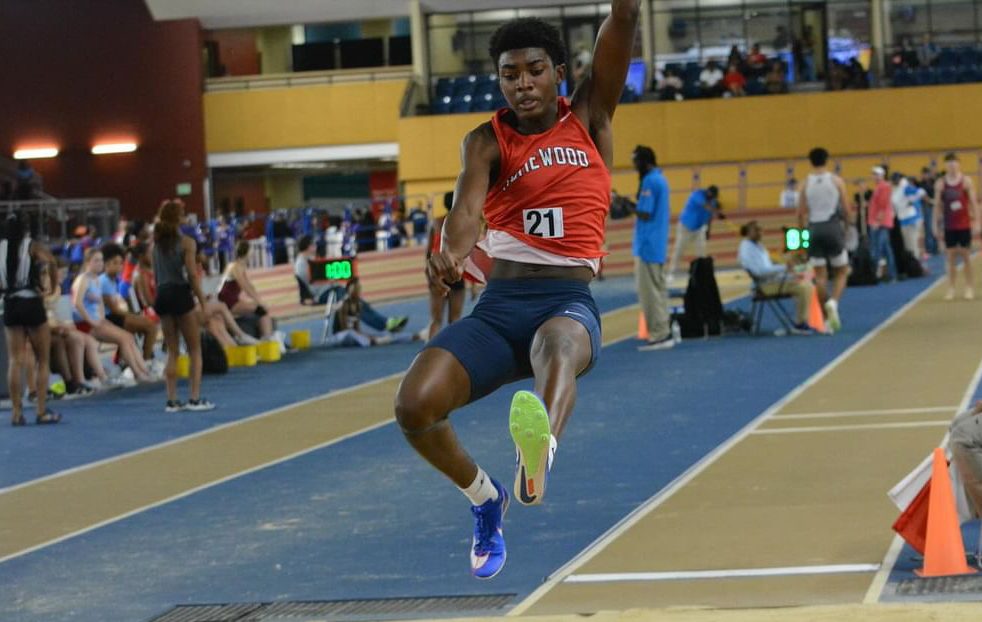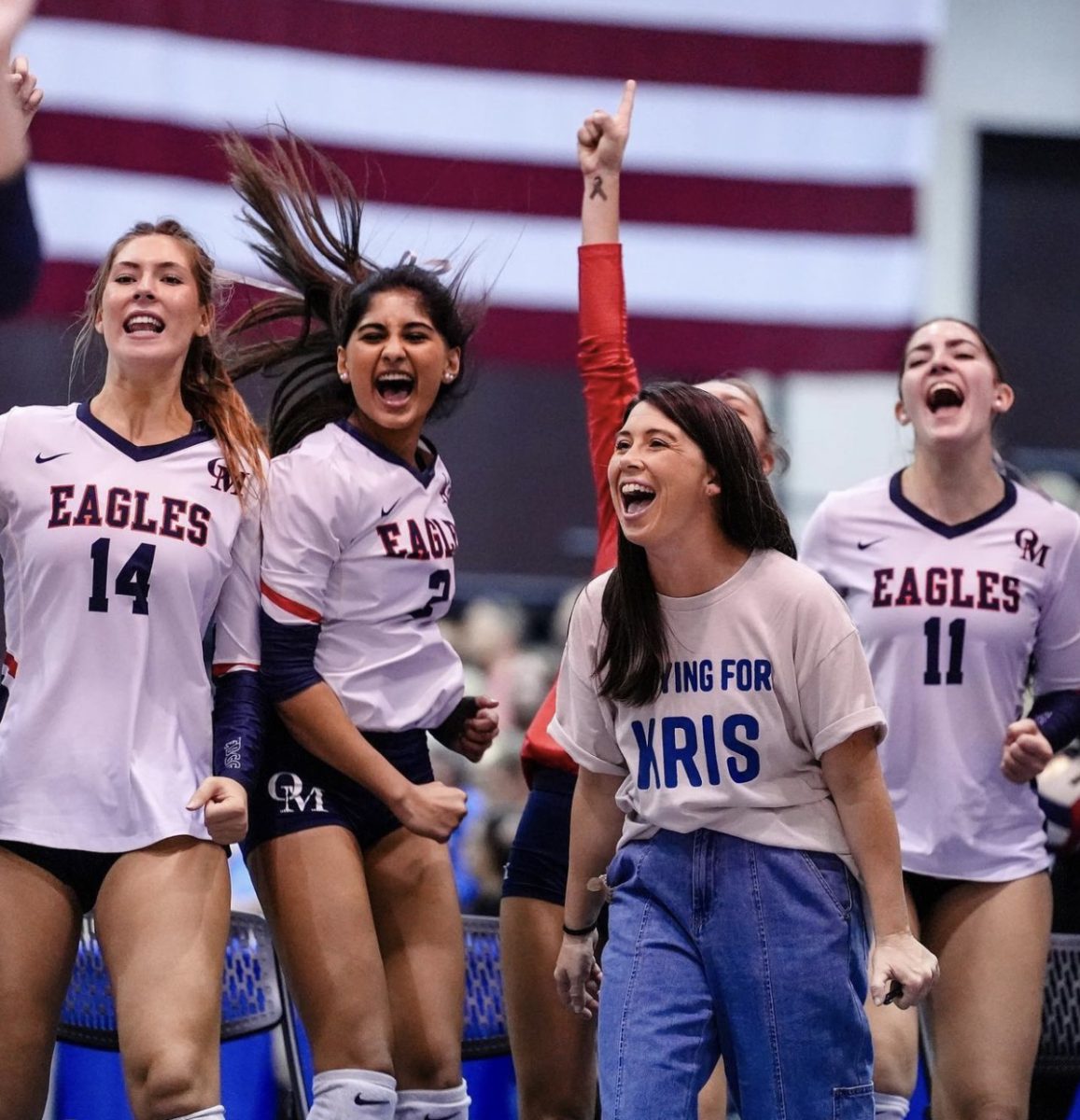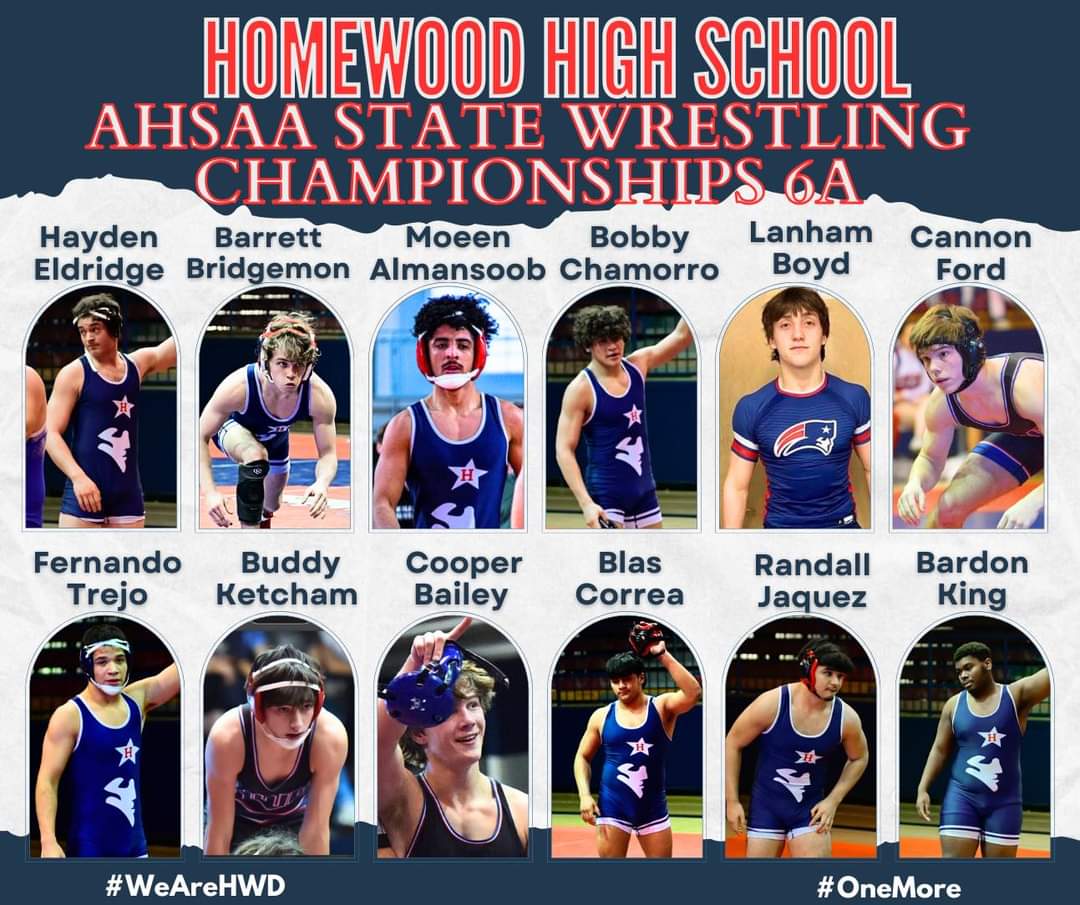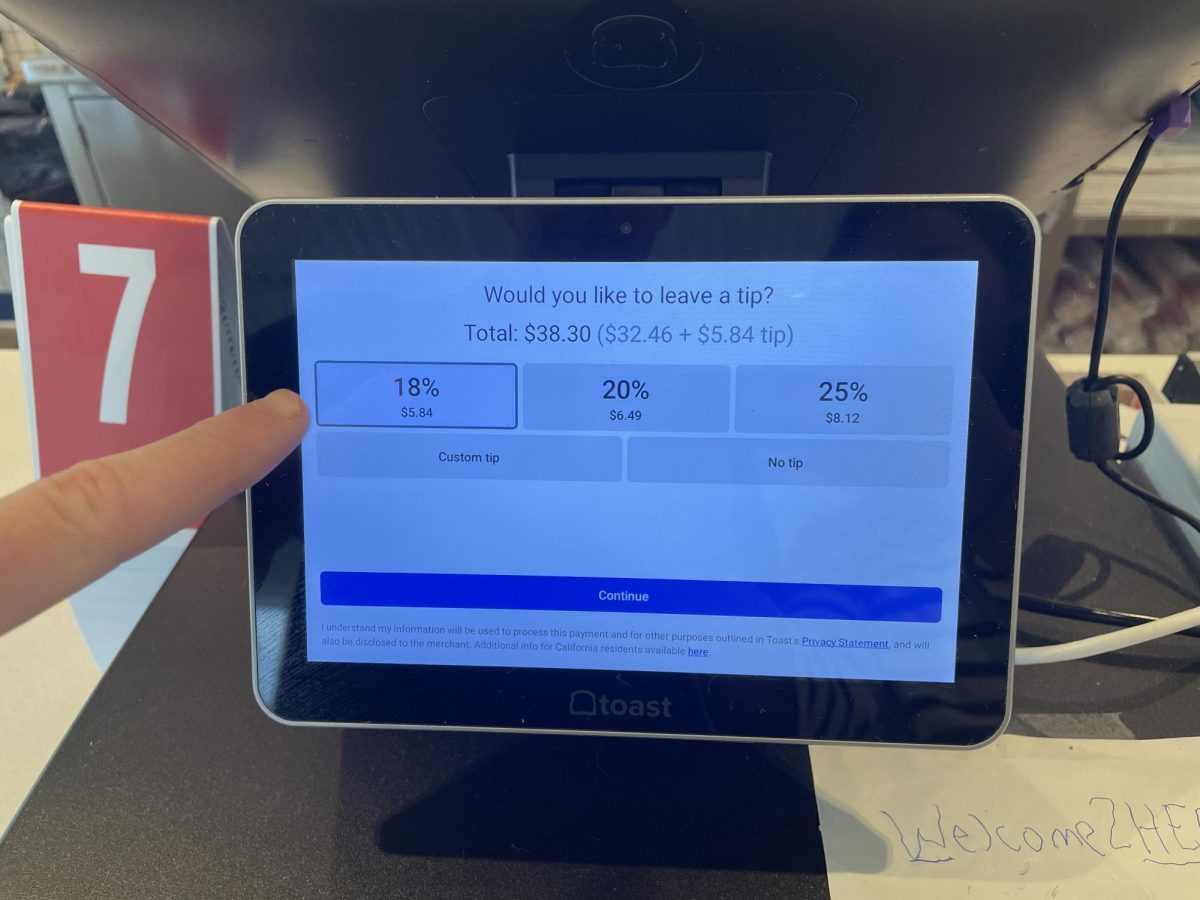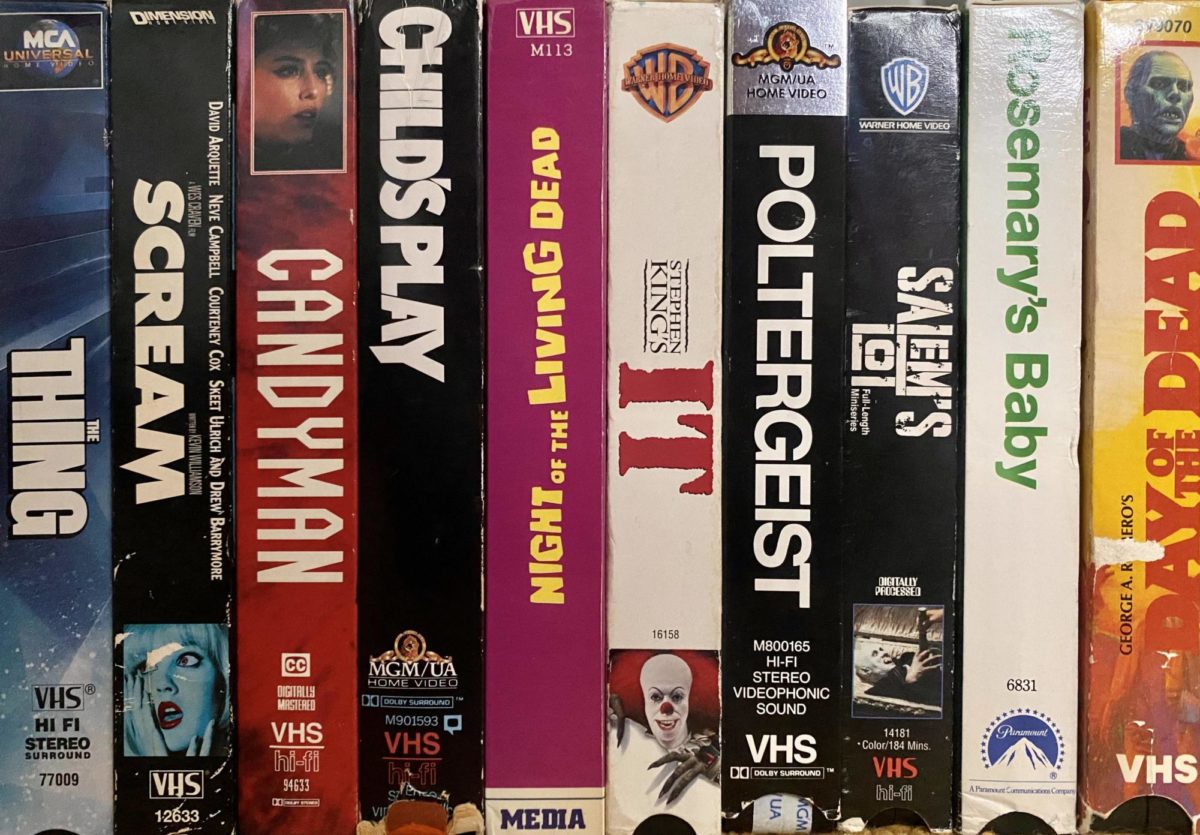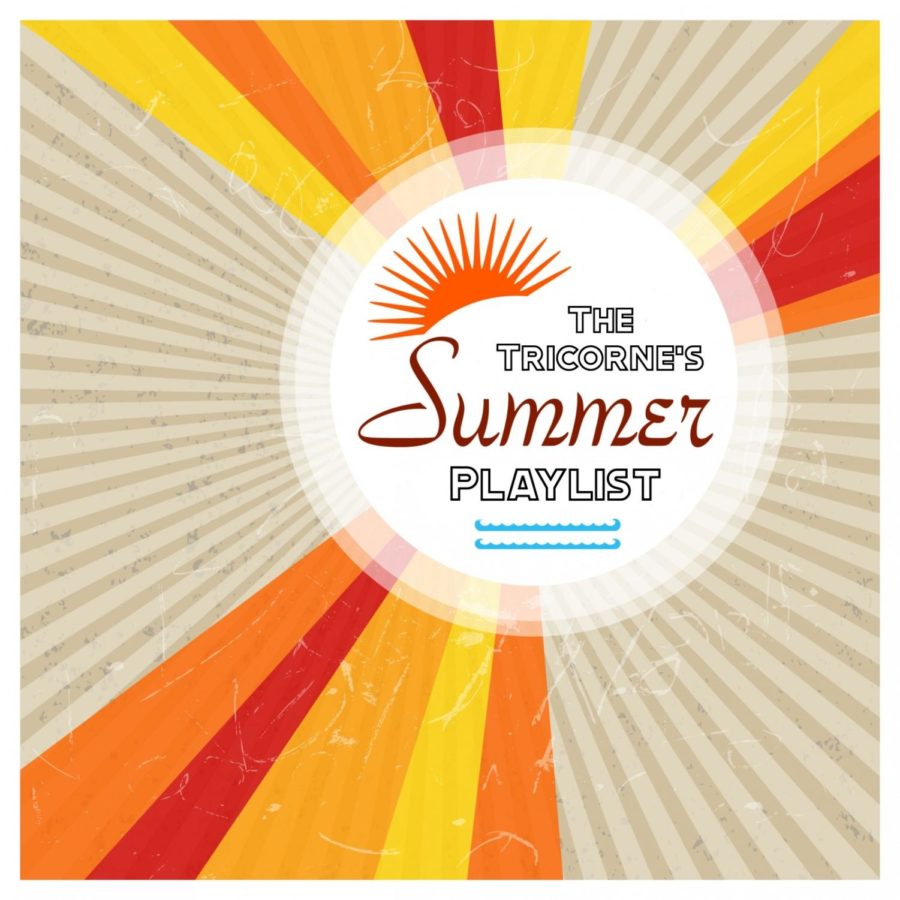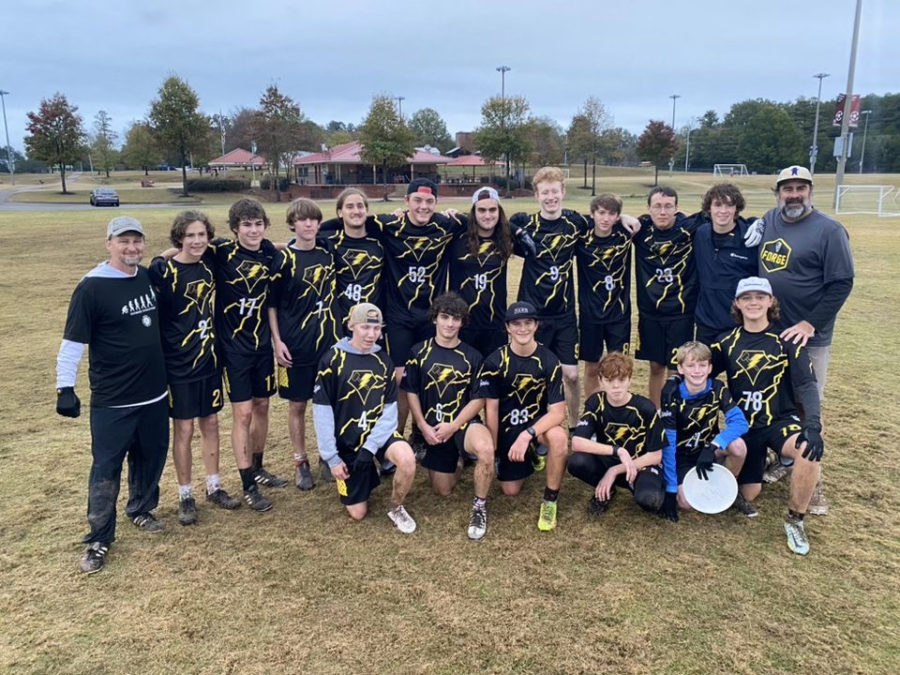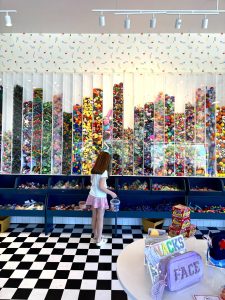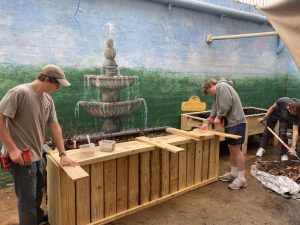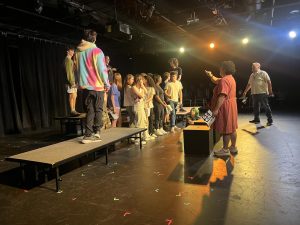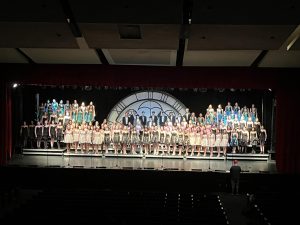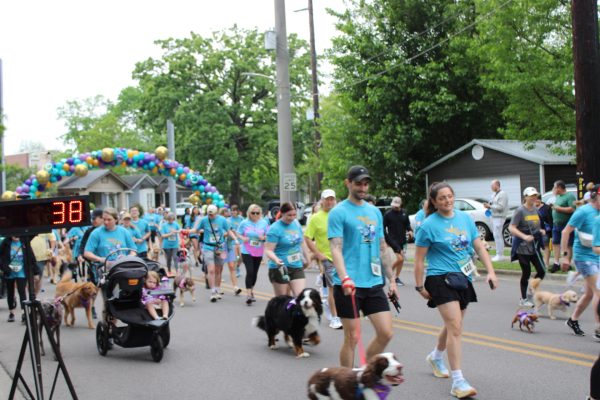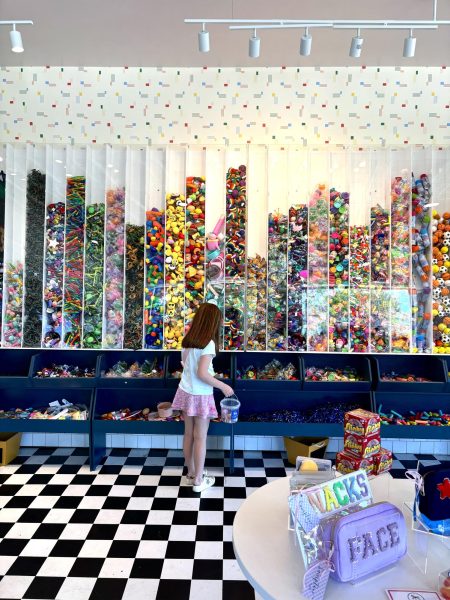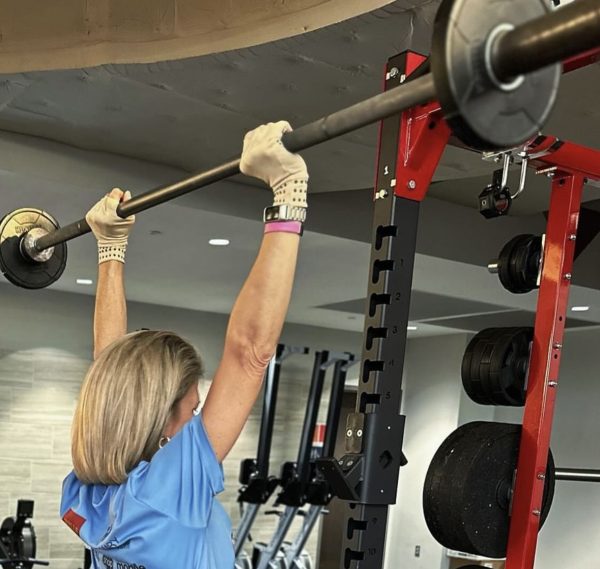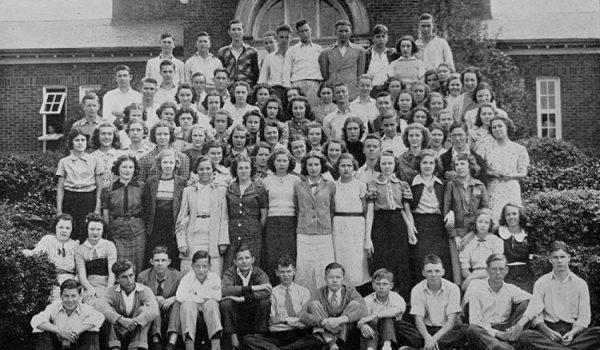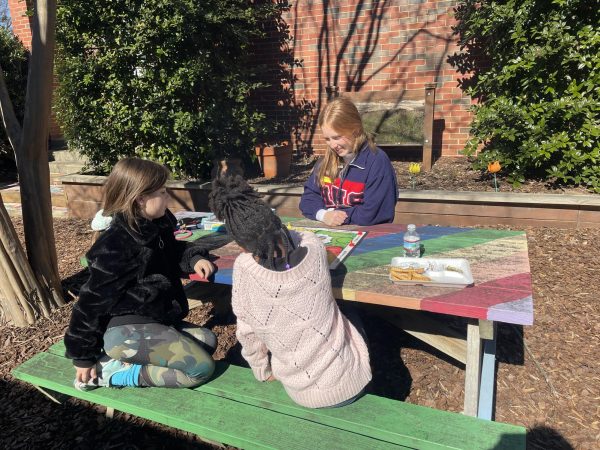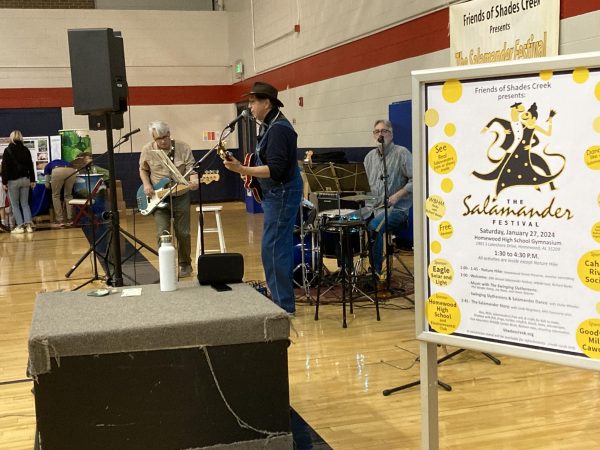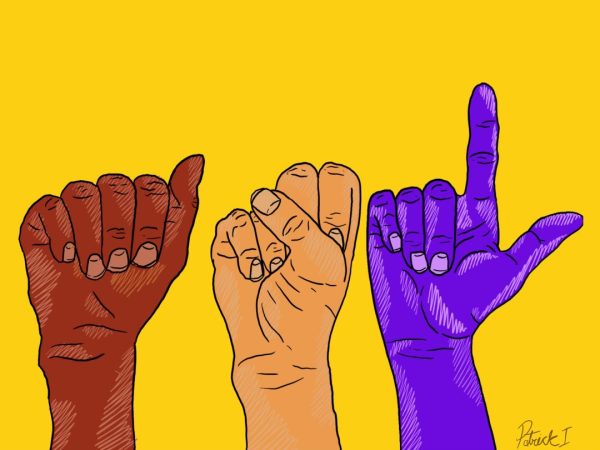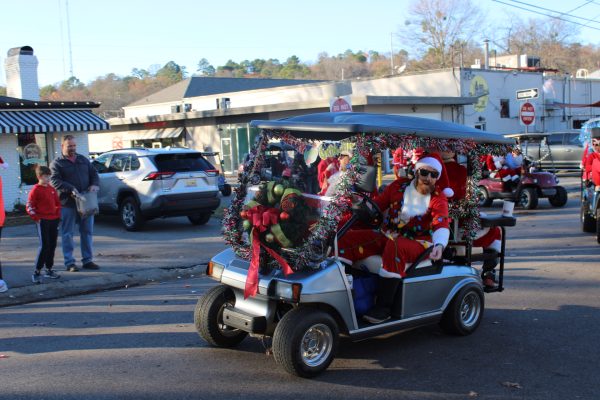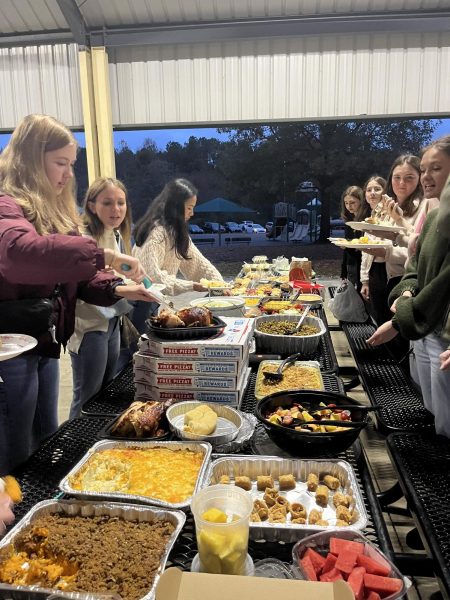Forging a path: Reed brings ultimate to HHS
November 29, 2022
What has 14 players, an undetermined game time and no referee?
Stumped? Try a game of ultimate frisbee.
Though sanctioned by neither the NCAA nor the AHSAA, ultimate frisbee is a growing sport designed for people of all ages, genders, and skill levels.
For senior Thomas Reed, however, ultimate is more than just a side hobby. A fifth-year player for the Birmingham Ultimate Youth Association (BUYA), Reed is on a mission to popularize the sport amongst his peers. He is not only the captain of his team but the founder and president of the Ultimate Club, which is new to HHS this year.
Reed’s involvement with ultimate frisbee reaches back to his eighth-grade year. Originally a baseball player, he started playing ultimate after hearing about a local youth league. Shortly after he joined Forge, a competitive team that travels to tournaments throughout the southeast.
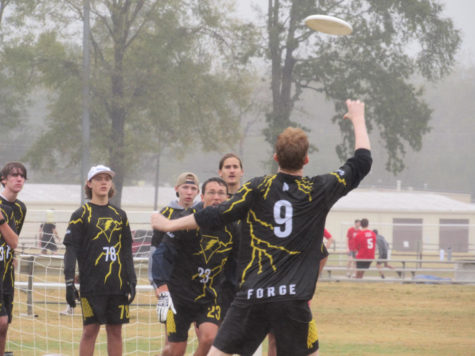
While Reed identifies ultimate as a “young sport,” he says its novelty contributes to its rare dynamic between coaches and players.
“The coaches right now were there at [its] creation,” he remarks, adding that this gives them a unique perspective on training and competing. In contrast to coaches of more established sports like football, ultimate coaches have witnessed the “entire evolution” of the sport.
Also setting ultimate apart is its emphasis on teamwork. Though it has similarities to basketball, football, and soccer, Reed claims that ultimate differs in that “no one player can dominate the field.” He also highlights the sport’s inclusivity, saying it “works for all body types and skill sets.”
And, with only seven players from each team on the field, player diversity is integral to success. In a typical game, two players position as “handlers,” and the remaining five are “cutters.” In football terms, Reed compares handlers to quarterbacks whereas cutters are more similar to receivers.
Reed’s years of experience in the sport have poised him to be a skilled handler. However, he believes experience is not necessarily the most critical trait for ultimate players, noting fellow senior Gavin McAbee as a chief example.
McAbee, a runner, utilizes his speed training as a cutter. While he doesn’t have Reed’s dexterity, he has “field sense,” a crucial quality for team play. Seniors Rowland Fourneir and Daniel Galloway also exemplify this as recent newcomers to the sport.
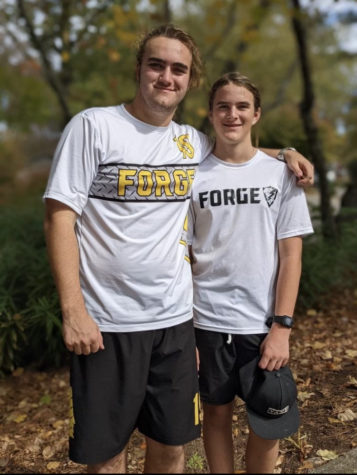
This year, Reed decided it was time to expand ultimate beyond just clubs and youth leagues. After discussion with younger brother Adam Reed, the pair started an ultimate club for students at Homewood High. Physics teacher Jacob Helf, a previous member of Auburn University’s ultimate club, serves as its sponsor.
“I actually met Mr. Helf during quarantine,” Reed recalls, explaining that Helf saw him in the neighborhood and asked about his Forge jersey. The following fall, Helf started teaching at Homewood, putting him in an ideal position to help Reed fulfill his plans to found a club.
Requiring neither prior experience nor tryouts, the ultimate club seeks to introduce students to the game and teach basic skills. Members meet every other Wednesday afternoon at Patriot Park and play for about two hours.
“On occasion, we do drills,” Reed says, “but for the majority of the time we scrimmage.” He adds that players bring white and dark shirts to divide into teams; more competitive individuals will even don cleats.
With Vestavia and Hoover high schools also supporting ultimate clubs, there is no doubt that the sport’s popularity is growing. In Reed’s eyes, these clubs will be “the first steps” toward making ultimate an official high school sport.
“[Ultimate] isn’t something people consider as a legitimate sport,” he says, “but we take it as seriously as football or basketball.”
While Reed acknowledges the importance of having fun, he claims his goal is to expose ultimate to as many people as possible.
“I want to be able to teach people how to play,” he adds. “My hope is for it to become a well-established part of the school.”

